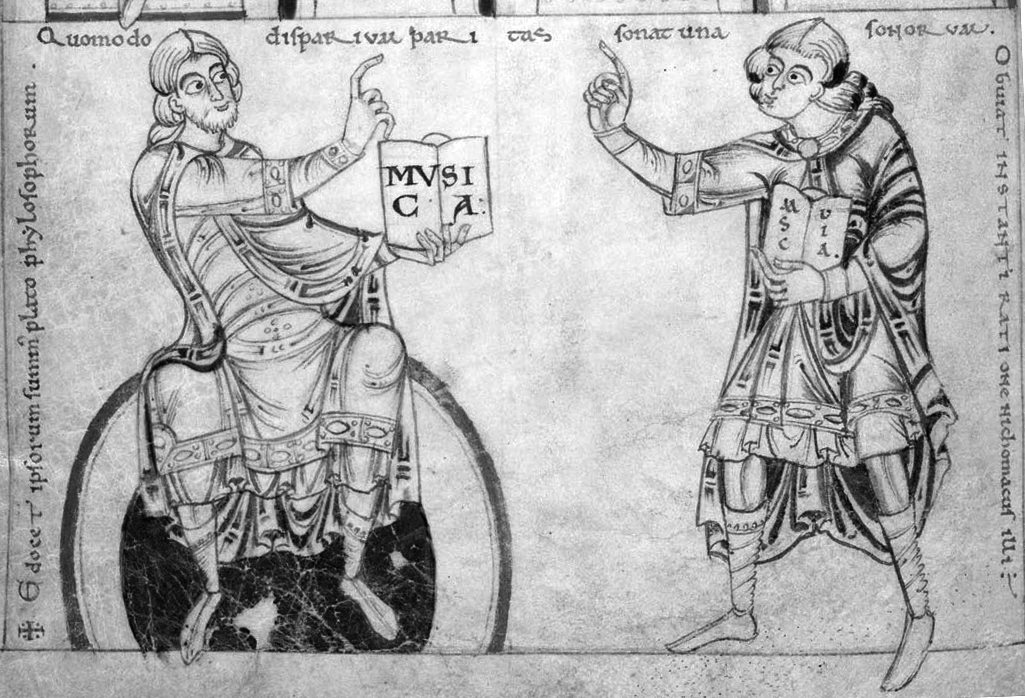“If geometry exists, arithmetic must also needs be implied”
Nicomachus of Gerasa: Introduction to Arithmetic (1926)
Kontext: If geometry exists, arithmetic must also needs be implied... But on the contrary 3, 4, and the rest might be 5 without the figures existing to which they give names. Hence arithmetic abolishes geometry along with itself, but is not abolished by it, and while it is implied by geometry, it does not itself imply geometry.<!--Book I, Chapter IV
